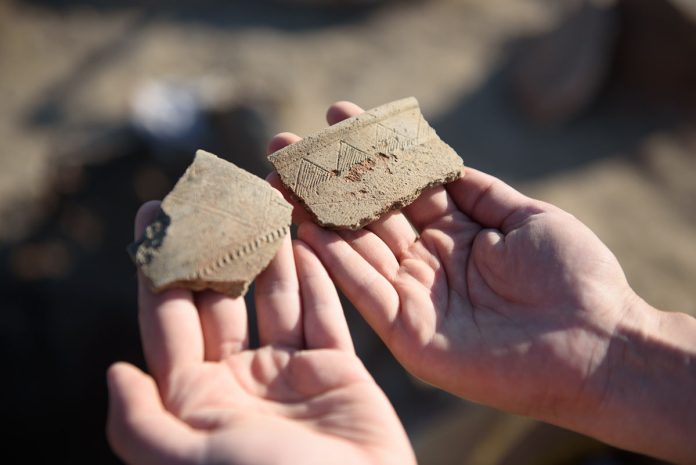BY ONYEYENE WINNIE
NIGERIA, a nation rich in diversity and history, boasts of a cultural heritage that is as vibrant as it is invaluable. From the ancient Nok terracottas to the intricate Benin bronzes, our cultural artifacts are a testament to the ingenuity and craftsmanship of our ancestors. However, these treasures are facing a looming threat occasioned by theft.
The importance of Nigeria’s cultural heritage cannot be overstated. It is a reflection of our identity, a symbol of our resilience, and a source of national pride. Our cultural artifacts provide a window into our past, helping us understand our history and traditions; inspire artistic innovation and creativity. Again, they foster cultural tourism thereby generating revenue and promoting economic growth. Cultural artifacts equally serve as a unifying force, bridging ethnic and linguistic divides.
Yet, despite their significance, Nigeria’s cultural heritage is being pillaged. Thieves, driven by greed and ignorance, are stealing our artifacts, selling them on the black market, and erasing our history.
Protecting our cultural heritage is not only a moral imperative but also a national responsibility. As Nigerians, we must understand that cultural properties, including monuments, artifacts, and intangible traditions, are invaluable assets that define our community’s identity and heritage. That these treasures are vulnerable to destruction, theft, and degradation. Therefore, it is important to note that raising community consciousness is crucial to safeguarding cultural properties and ensuring their preservation for future generations.
Nigeria is home to a rich cultural heritage, with a plethora of artifacts and objects that reflect its diverse history and traditions. However, the theft of these cultural objects has become a rampant issue, with many priceless items being looted and sold on the black market.
To combat this, it is essential to enhance security measures and engage local communities in the preservation of our cultural heritage. Local communities must be educated about the importance of preserving cultural heritage and the impact of theft. By involving communities in the preservation process, they become stakeholders and are more likely to report suspicious activities.
Awareness is the foundation of community consciousness. Educating community members about the significance of cultural properties and the threats they face is essential. This can be achieved through workshops, public lectures, and cultural events. By understanding the value of their heritage, community members will be motivated to take action to protect it. Raising community consciousness also involves promoting cultural heritage as a source of community pride and economic development. By showcasing cultural properties as tourist attractions and revenue generators, community members can see the tangible benefits of preservation.
Community participation is vital in safeguarding cultural properties. Encouraging community members to take ownership of their cultural heritage fosters a sense of responsibility and stewardship. This can be achieved by involving community members in conservation efforts, cultural festivals, and decision-making processes related to cultural properties.
Furthermore, economic empowerment and sustainable livelihoods can reduce the incentive for theft. By providing alternative income sources, individuals are less likely to engage in illegal activities. On the part of Nigerian cultural institutions like museums, efforts should be made to prioritize security. This includes installing state-of-the-art surveillance systems, employing trained security personnel, and implementing strict access controls. Additionally, cultural objects should be cataloged and digitized, making it easier to track and identify stolen items.
At another level, efforts must be made by stakeholders to initiate collaboration between law enforcement agencies, cultural institutions, and international organizations. Sharing intelligence and best practices is very vital in helping to identify and recover stolen objects.
In conclusion, minimizing the theft of cultural objects in Nigeria requires a multi-faceted approach. Enhanced security, community engagement, collaboration, and economic empowerment are essential strategies to preserve Nigeria’s rich cultural heritage for future generations.


